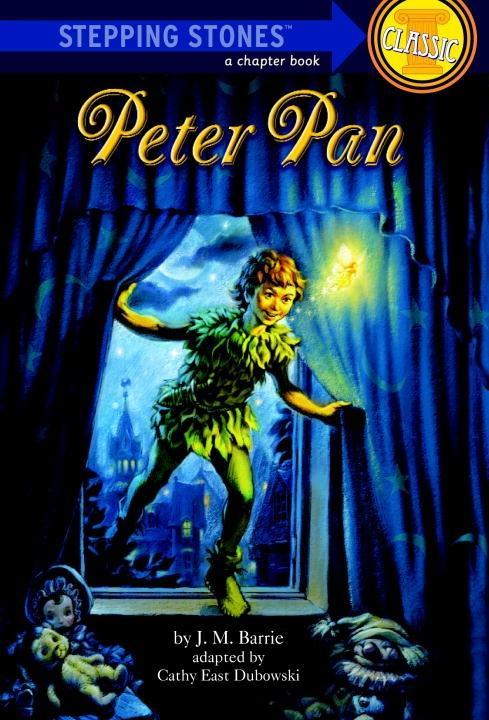
Sofort lieferbar (Download)
Considered a masterpiece since its first appearance on stage in 1904, Peter Pan is J. M. Barrie's most famous work and arguably the greatest of all children's stories. While it is a wonderful fantasy for the young, Peter Pan, particularly in the novel form Barrie published in 1911, says something important to all of us. Here "the boy who wouldn't grow up” and his adventures with Wendy and the lost boys in the Neverland evoke a deep emotional response as they give form to our feelings about parents, boys and girls, the unknown, freedom, and responsibility. Humorous, satiric, filled with suspenseful cliff-hangers and bittersweet truths, Peter Pan works an indisputable magic on readers of all ages, making it a true classic of imaginative literature.
Mehr aus dieser Reihe
Produktdetails
Erscheinungsdatum
31. August 2011
Sprache
englisch
Seitenanzahl
96
Dateigröße
5,28 MB
Altersempfehlung
von 6 bis 9 Jahren
Reihe
A Stepping Stone Book
Autor/Autorin
J. M. Barrie
Illustrationen
Jean Zallinger
Verlag/Hersteller
Kopierschutz
mit Adobe-DRM-Kopierschutz
Family Sharing
Ja
Produktart
EBOOK
Dateiformat
EPUB
ISBN
9780307758941
Entdecken Sie mehr
Bewertungen
0 Bewertungen
Es wurden noch keine Bewertungen abgegeben. Schreiben Sie die erste Bewertung zu "Peter Pan" und helfen Sie damit anderen bei der Kaufentscheidung.


































